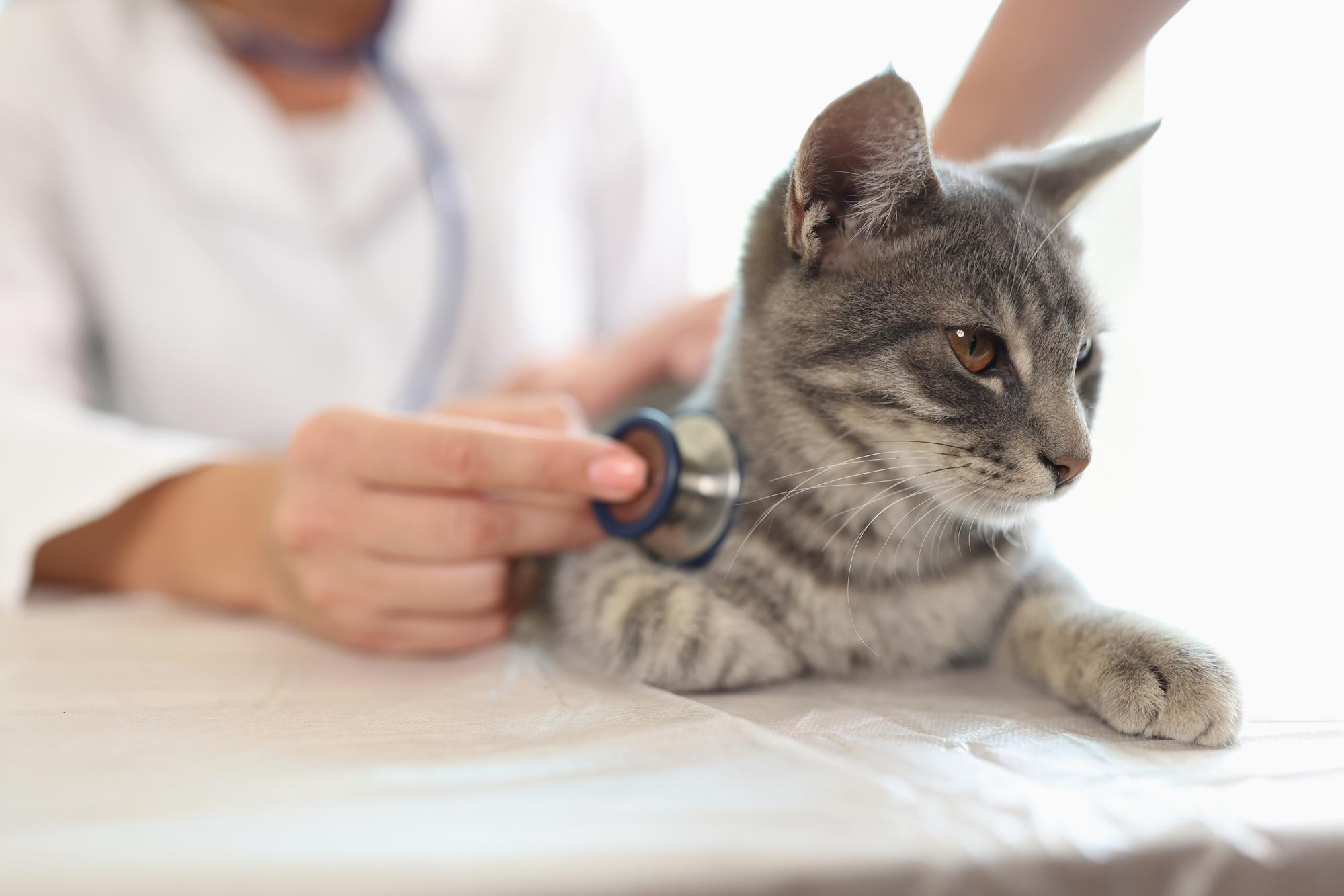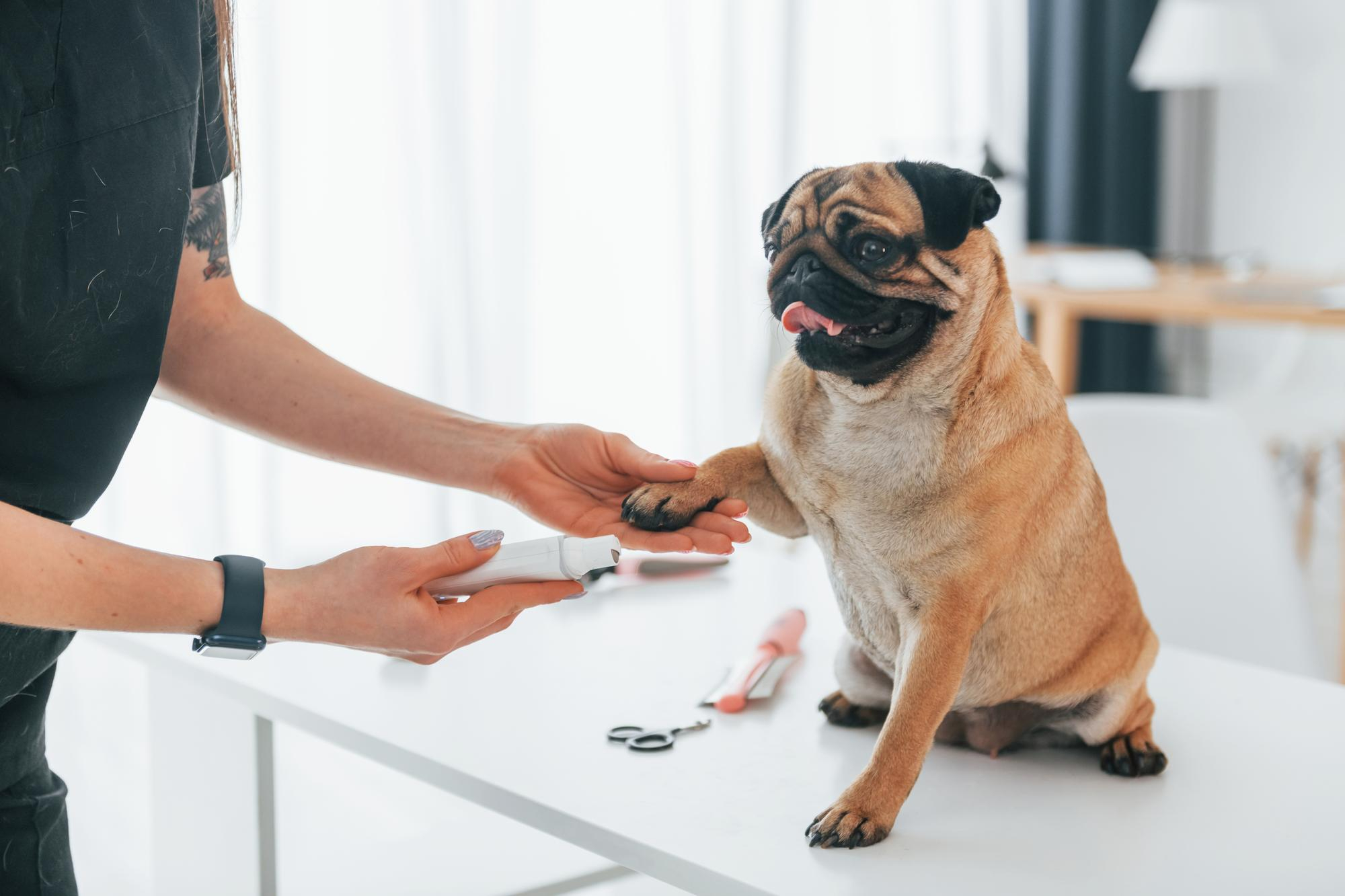As a pet owner, few things are as important for ensuring the health and happiness of your pet as having a great relationship with a trusted veterinary hospital. Veterinarians provide regular check-ups for your pet, look after them when they’re sick or injured, and help you provide them with the best possible life.
Finding a veterinarian that’s right for you can take some time. It all depends on their reputation, their location, their capabilities (both on the types of work they do, and the animals that they treat), and whether or not they’re accepting new patients. But if you’ve settled on a vet office that will be suitable for your needs, the next question is how to go about booking appointments for your furry friend.
While your veterinarian will do their utmost to support your pet, there are certain things you can do to make it easier on yourself, your pet, and the veterinary staff. Not only does this ensure your pet gets the best possible care, but it can save everyone involved a lot of time and hassle. Here are five of the best practices when booking veterinary appointments.
1. Preparation is everything
First and foremost, it’s absolutely vital to be thoroughly prepared for your pet’s veterinary appointments. Depending on the nature of your visit, these preparations can be very simple or more involved.
For instance, if it’s your first appointment with a new veterinarian you should bring all available records and information about your pet. From medical records to vaccine information, the more information you provide to your veterinarian, the more they’ll be able to help.
For appointments regarding particular issues, your veterinary office should tell you in advance what you need to do to prepare. This might include waste samples or detailed information on your pet’s recent behaviour and condition. When in doubt, don’t be afraid to call the office and ask what you need in order to be prepared for your upcoming appointment.
2. Timing is key for short-notice appointments
Sometimes issues come up that are too urgent to wait for your next routine appointment. Assuming your pet is a patient of a clinic that does short-notice visits, it’s important to pick your moment to ensure your pet gets the care they need as soon as possible.
Certain times of the week tend to be much busier than others at veterinary offices, so trying to see a veterinarian in these time slots may require a much longer wait than usual. Sundays are also an uncommon day for veterinary offices to be open, and most offices are closed.
If possible, it’s best to try and have your pet seen by your veterinarian mid-week, ideally during the typical workday hours. Alternatively, you can call your vet’s office and ask directly about their busiest hours, and that way you’ll know ahead of time and prevent future stress on your part when seeking urgent care for your pet.
3. Schedule (and keep) check-up appointments in advance for reliability and routine
Most veterinary offices will schedule routine check-up appointments for your pet far in advance, whether they’re required annually or more often. Although it can be tough to plan so far in advance, making these appointments and keeping them can go a long way in providing reliability and routine for you, your pet, and your vet’s office.
While life can sometimes get in the way, making rescheduling inevitable, you should always try to do your best to keep these check-up appointments and ensure they’re done on a regular basis.
4. Know how to describe symptoms and issues
If your pet is having an unknown health issue, it’s essential that you have the right terminology to describe the problem to your veterinary clinic prior to your appointment. Saying that your dog is ‘acting weird,’ for instance, doesn’t give your veterinarian enough information to work off of.
So, get specific. Are they low-energy and lethargic? Walking off-balance? Not eating as much food as they normally would?
If your cat is ‘sick’, describing their symptoms in detail is key. Are they vomiting? Having diarrhea? Drooling excessively? Pay close attention to your pet and make note of any unusual symptoms that you might notice. This will help your vet give the best advice and prepare for an appointment if needed, which will likely save you time and money as well.
5. Ask about things to try at home
Finally, it’s important to remember that a vet visit isn’t always necessary. Certain issues aren’t as worrisome as they may at first appear, so keep an open mind when you call the veterinarian for guidance. After giving a detailed rundown of the symptoms you’re noticing in your pet, ask if there’s anything you can do for them at home, or if it’s best to bring them in for an appointment.
Often, there are simple preventive solutions your vet may suggest that can get your pet feeling their best again. Remember that your veterinary clinic is dedicated to the health of your animal and that they’re actually doing you a favour if they advise these solutions rather than coming into the clinic. Not only does this help the clinic from getting overbooked and overwhelmed, but it helps you as well! Vet appointments can be time-consuming and even stressful for your pet, so consider being proactive in preventing illness in your pet first and foremost.
When in doubt, however, it never hurts to give your veterinarian a call or book an appointment. Some symptoms of illness in pets are very similar to others, and in most cases being proactive about seeing your vet can help both you and the staff to determine the next best course of action to take.
Creative Commons Attribution: Permission is granted to repost this article in its entirety with credit to Hastings Veterinary Hospital and a clickable link back to this page.






